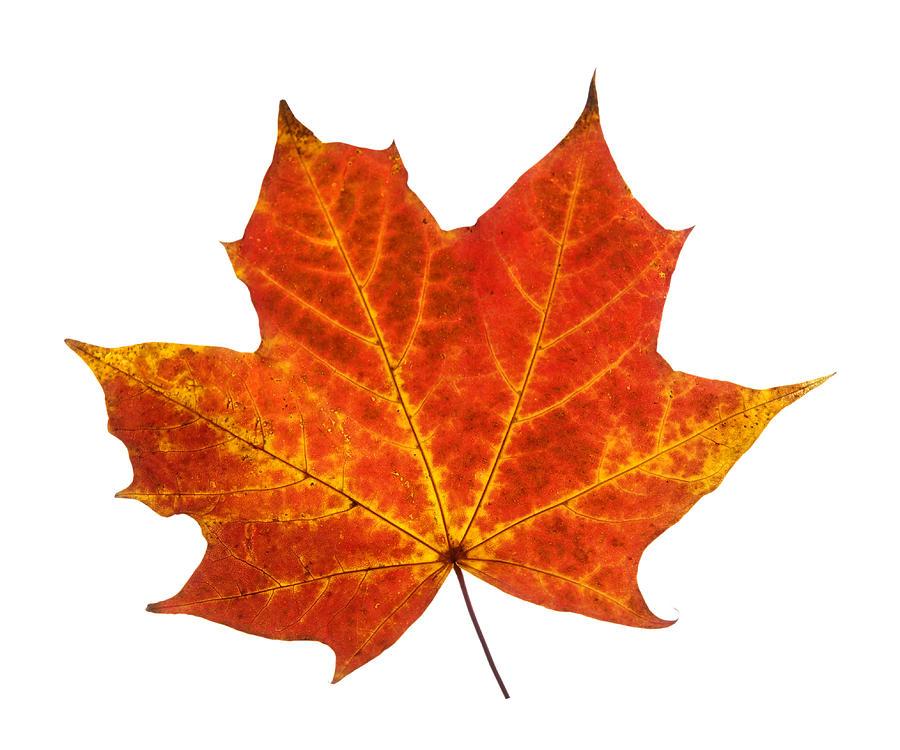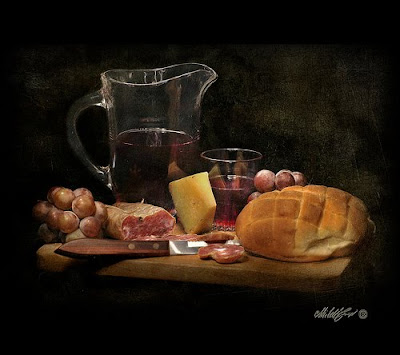It is October.
The soft melancholy and honeyed light of September has given way to chill mornings and encroaching darkness. Here in Portland, the leaves are just beginning to turn, just beginning to ignite in autumnal flames.
It is Samhain-tide. And people have died.
Just yesterday, a friend of many years died. People I know, people my friends know and love, have died. Soon, at the end of this month, we will gather together in remembrance. We will cry and laugh and sing and eat and drink in their honor. I hope those who love me will do the same when I go.

Our Lady understands these things. For She is—among All The Many Things That She Is—a Lady of Death. One of Her many names is “Mooring Post,” for She is the one Who calls us to our deaths. But only when it is our time. I hope…
With its boat-infused culture, in ancient Egypt, “to come to moor” was a euphemism for “to die.” And the Great Mooring Post is the Goddess of Death Who calls us to our final mooring and to Whom our boats ever return and are always safely docked.
She may go by many names (as is the wont of Egyptian Goddesses), but when we can be certain of Her identity, She is none other than Our Lady Isis. “The Mooring Post summons you as Isis,” say the Pyramid Texts, “the Mourning Woman calls to you as Nephthys.”

Being called by or spoken to by Menit Weret, the Great Mooring Post, was understood as an important part of the process of death and eventual rebirth. The Coffin Texts tell the deceased that the Great Mooring Post speaks to him and a stairway to Heaven is set up for him, enemies fall before him, and even the stars bow down. Magical words of power ensured that the beings in the realm of the dead would serve the deceased, that his Divine mothers would nurse and kiss him…and that the Great Mooring Post would call to him, call to him.
From Isis’ ancient origins as the death-bringing and resurrecting Bird of Prey Goddess to the “voluntary death and a life obtained by grace” experienced by the initiates of Her Mysteries, Isis—the Great Mooring Post—is at home in the land of the dead. And even though, as the Great Mooring Post, Isis is the one Who calls us to our deaths, She is not a frightening figure. Instead, She initiates our transformation as we become fully spiritual beings. Isis is a comfort and a guide to those who journey into death. She “makes a spirit” of those who die and the dead rejoice when they see Her. She is called the Lady of All in the Secret Place [the land of the dead] and the dead beg Her to “spiritualize” them and guide their souls on the paths of the Otherworld.

In the land of the dead, Isis is the one “at whom Osiris rejoiced when he saw her.” She is the guide Who is asked to “clear my vision in the paths of the Netherworld.” She also acts on behalf of the deceased, ensuring that their initiation into death proceeds as it should. In a formula for being accepted into the land of the dead, the deceased greets the West, personified as the Goddess Amentet, for having arrived safely and states, “true is Isis who acted on my behalf.”
Isis the Great Mooring Post is Mistress of the Mysteries of the Otherworld. In both the Coffin Texts and the Book of Coming Forth by Day, there is a formula in the form of a dramatic reading in which the new pharaoh, as Horus, is to go on a journey to His father Osiris, the deceased pharaoh. To do this, He first allies Himself “with the Divine Isis.” Then He sends a messenger to whom He has given His own shape. The messenger is none other than the deceased. He must pass tests and provide the proper tokens along the way until coming to “the House of Isis, to the secret mysteries.” The deceased also says that he has been conducted to the hidden secrets of Isis “for she caused me to see the birth of the Great God.” Once in possession of the hidden secrets and having witnessed the rebirth of the Great God shown to him by Isis, the deceased delivers his message to Osiris: all is well on Earth because Horus, the Son of Isis, rules His father’s kingdom.

As the Great Mooring Post, Isis calls us to our deaths, but She also ensures that, in death, we understand Her hidden secrets and that we witness the birth/rebirth of the Great God. We are all Osiris, re-membered and renewed by Isis in the Otherworld. We are all Horus, reborn into the world as Her child. Death bringer, resurrector, life giver. Isis is the Great Mooring Post, the Caller to the Dark Journey. Thus do we offer unto Isis that which is Hers.
To Isis, a Mooring Post
En Iset, MenitThis is a gift the priest/ess brings before the Lady of All in the Secret Place, the Death Goddess: an invocation offering of a mooring post.
I make offering to You as Death, Isis.
While I am yet human, You are inevitable. You show me Your implacable face. Yet I cannot fear You, except with the excited fear of a traveler on her first journey. Will there be pain? Will there be suffering? Or will we dance until I slip quietly into your deepest embrace? How lyrical poets have been about You! Yet I can find no words. Only that I do not fear You. Only that the wise remember You every day. Only that I do not want to go—yet.
Isis, I offer you this mooring post that when you speak to me, it will be with Your kindly voice. May You drive in this mooring post for me that I may come to moor in the heart of my Mother. On that day, I shall speak Your name and silence my soul in Your darkness. But until then, accept this mooring post and remember me.
Listen, O Isis, to the words of the Mooring Post: “I am offered unto Isis as the vision in the darkness. I am the desired thing. The dead speak in joy: “See! There She is,” they say. I am the comforting voice, the heartbeat of the Mother, the enfolding wing. I am eternal and omnipresent. I am the soother of souls. I am the Mooring Post.”
Unto You, Isis, I offer this mooring post and all things beautiful and pure. M’den Iset. Accept it, Isis.
From Offering to Isis: Mooring Post










